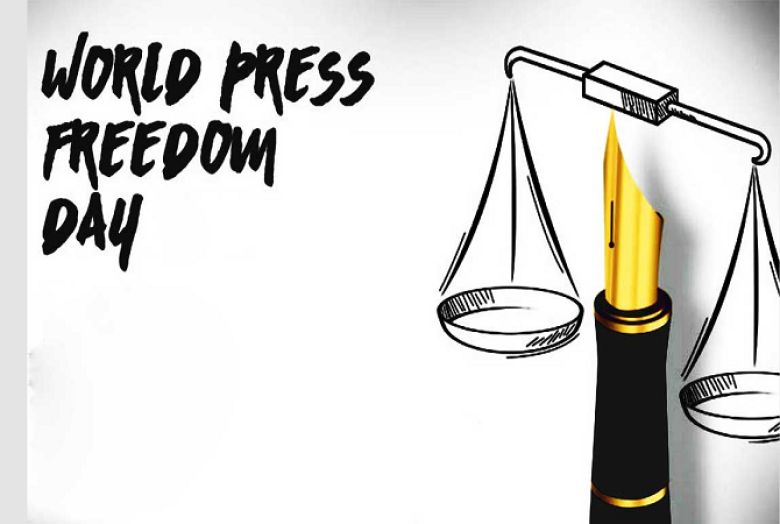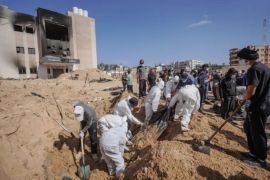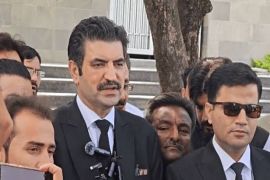World Press Freedom Day is an occasion to celebrate the fundamental principles of press freedom and to acknowledge the importance of free and independent media in a democratic society. However, the state of press freedom in Pakistan is a matter of concern, as journalists face threats, harassment, and censorship on a regular basis.
Pakistan has a long history of suppressing media freedom, and the country is ranked 145th out of 180 countries in the World Press Freedom Index. The situation has deteriorated further in recent years, as journalists face increasing pressure from both state and non-state actors.
Journalists in Pakistan face a range of threats, including physical violence, harassment, and intimidation. Many have been attacked or killed for their work, and impunity for these crimes remains a serious issue. In addition to the risks of physical harm, journalists also face censorship and restrictions on their ability to report on sensitive issues.
According to the Committee to Protect Journalists (CPJ), at least 61 journalists have been killed in Pakistan since 1992, with 25 of those killed in the last decade alone.
The threats faced by journalists in Pakistan are not limited to physical violence. In recent years, there has been a sharp increase in online harassment and threats, often directed at female journalists. According to a report by the Digital Rights Foundation, 73% of women journalists in Pakistan have experienced online harassment, while 63% reported receiving threats via social media.
The government of Pakistan has been accused of using a range of tactics to stifle press freedom, including the use of repressive laws and regulations, such as the Electronic Crimes Act, which has been used to target journalists and social media users. The government has also been criticized for its control of state media, which is used to propagate the ruling party's message and suppress dissenting voices.
The use of legal and regulatory measures to silence critical voices. For example, the Electronic Crimes Act, which was passed in 2016, has been used to target journalists and social media users who criticize the government or the military.
Non-state actors also pose a threat to press freedom in Pakistan. Militant groups, criminal gangs, and other violent actors have targeted journalists who report on their activities or challenge their narratives. In many cases, these groups operate with impunity, making it difficult for journalists to carry out their work safely.
Despite these challenges, Pakistani journalists continue to play a vital role in holding power to account and providing a voice for marginalized communities. They have exposed corruption, human rights abuses, and other issues of public concern, often at great personal risk.
On this World Press Freedom Day, it is important to recognize the bravery and resilience of Pakistani journalists, and to call for an end to the threats and restrictions that they face. Press freedom is a fundamental right that must be protected, and it is essential for the health of democracy and the well-being of society.







